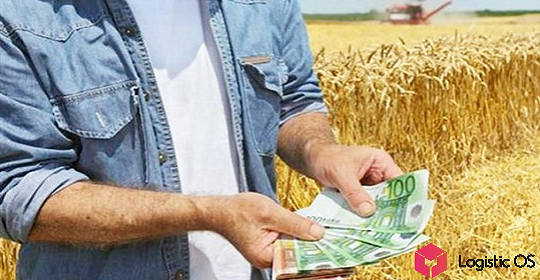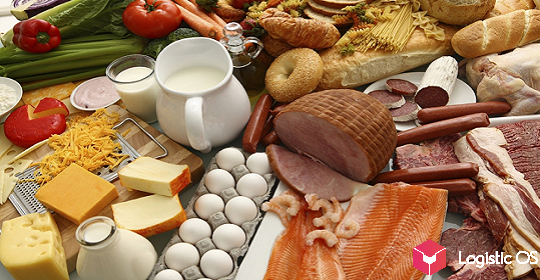What the farmers have been waiting for so long has happened: the Ministry of Agriculture is significantly reducing the export duty on wheat by changing the formula for its calculation.
The idea is to increase the base price when calculating the export duty, while the amount of the duty itself should decrease.
This was stated by the Minister of Agriculture of the Russian Federation Dmitry Patrushev. It is assumed that the base price will be increased from 15 thousand rubles to 17 thousand.
The revision of the base price usually takes place once a year, which is why this is an important event for agricultural producers.
As Deputy Minister Oksana Lut noted, in order to calculate this parameter, the agency takes into account the costs of sowing, last year’s harvest, as well as world prices and the ruble exchange rate.
Taking into account the new calculation formula, the duty may decrease from June 1 by about 1,400 rubles per ton.
This is a lot: now it is 4,727 rubles per ton, and from May 24 it will be 4,644 rubles.
The duty has been reduced for the seventh week already, even without revising the formula for its calculation, because world prices are falling sharply.
At the same time, Patrushev noted that we are talking about revising only the formula for calculating the export duty on wheat, this will not affect other grains.
How do farmers react?
On the one hand, this is a very positive event for them, because the duty is exactly what prevents them from earning.
On the other hand, as noted by Dmitry Patrushev, Director General of the Institute for Agricultural Market Studies, such a reduction is still not enough, although this is “a step in the right direction.”
He added that since grain prices have fallen sharply on the world market, farmers will not see a significant reduction in the size of the duty compared to a year ago, when prices were higher and the duty was calculated according to the previous formula.
Other experts point out that the very mechanism for controlling domestic prices by setting duties and quotas is not a market one, and therefore can cause great damage to the economy.
For example, Oleg Pakhomov, a representative of the Delovoy Profile group, believes that the government is «carried away»: it is so actively restricting price increases that it has already allowed them to fall seriously.
And this has the most negative consequences, since the profitability of agribusiness has become almost zero, and producers have no incentive to engage in production.
“I would like to hope that the ongoing correction in world grain prices will allow the government not only to raise the indicative price, but to completely abandon the imposed customs duties and export quotas,” he said.

